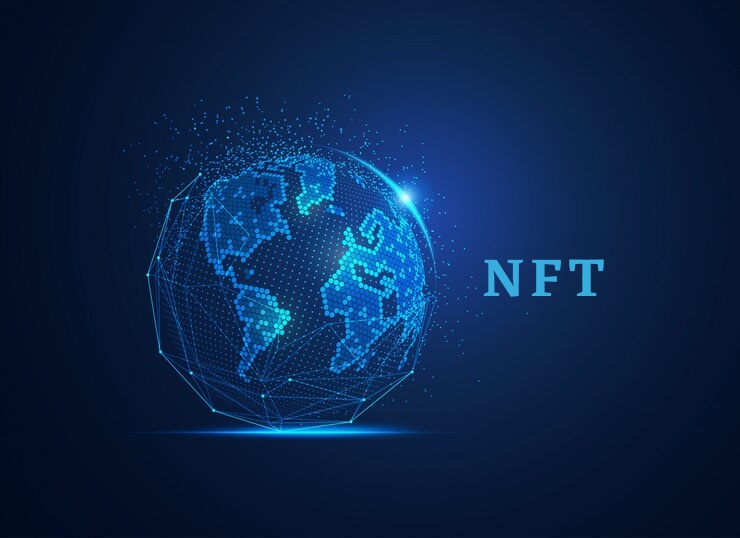In recent years, Non-Fungible Tokens (NFTs) have emerged as a groundbreaking innovation in the digital realm. These unique digital assets have gained significant attention and popularity, not only within the virtual space but also in transforming the real world. With their ability to revolutionize various industries and reshape the way we perceive ownership, NFTs have become a powerful force driving the fusion of the virtual and tangible worlds.
Understanding NFTs: The Basics
To comprehend how NFTs are transforming the real world, it is crucial to understand the fundamentals. NFTs are cryptographic tokens that are indivisible and unique, representing ownership or proof of authenticity of a digital asset. Unlike cryptocurrencies such as Bitcoin or Ethereum, which are fungible and interchangeable, NFTs are distinct and cannot be exchanged on a one-to-one basis.
NFTs in Art and Collectibles
One of the most prominent areas where NFTs have made a significant impact is the art world. Traditionally, owning and trading artwork was limited to physical pieces. However, with the advent of NFTs, artists can now tokenize their digital creations, granting them scarcity, provenance, and immutability.
NFTs enable artists to sell their digital artwork directly to collectors, bypassing intermediaries like galleries or auction houses. This direct interaction empowers artists by providing them with greater control over their work and the potential to earn royalties from secondary sales. Moreover, NFTs have allowed for the exploration of new art forms that exist solely in the digital realm, pushing the boundaries of creativity.
Real Estate and NFTs
Another industry experiencing the transformative power of NFTs is real estate. These tokens offer a way to represent ownership of physical properties in a digital format. By tokenizing real estate assets, NFTs provide fractional ownership opportunities, making it more accessible for investors to participate in high-value properties.
Moreover, NFTs enable the creation of dynamic marketplaces for real estate, where properties can be bought, sold, and traded with ease. This innovative approach eliminates traditional barriers to entry and offers greater liquidity in the real estate market. Additionally, NFTs can enhance the transparency of property transactions by leveraging smart contracts, reducing the need for intermediaries and streamlining the process.
Gaming and Virtual Assets
Gaming and virtual worlds have always been at the forefront of technological advancements. With the introduction of NFTs, these virtual environments have experienced a paradigm shift. Players can now truly own their in-game assets, whether it's virtual land, characters, or rare items, thanks to the unique properties of NFTs.
By utilizing blockchain technology, NFTs provide provable scarcity, ensuring the authenticity and value of virtual assets. This has given rise to the best NFT marketplace, where players can trade their NFTs, unlocking new avenues for monetization and creating vibrant economies within virtual realms.
Intellectual Property and NFTs
Intellectual property rights have long been a complex and challenging aspect of the digital age. NFTs present a promising solution by offering a secure and immutable way to establish ownership and protect intellectual property.
Content creators, musicians, writers, and other artists can tokenize their work as NFTs, enabling them to retain control over their creations and receive fair compensation for their efforts. This new approach to intellectual property rights empowers creators and helps ensure that their work is not only protected but also properly attributed.
Conclusion
Non-Fungible Tokens have swiftly moved beyond their initial application in the digital space and are now actively transforming the real world. From revolutionizing the art market and real estate industry to redefining gaming experiences and protecting intellectual property, NFTs have opened up new possibilities and disrupted traditional norms.
As NFTs continue to evolve, their impact will likely extend further into various sectors, bridging the gap between the virtual and tangible worlds. While challenges and considerations exist, the potential of NFTs to reshape industries, empower creators, and redefine ownership is undeniable. Embracing this technological advancement can unlock a future where the boundaries between the virtual and real are seamlessly intertwined.


No comments yet